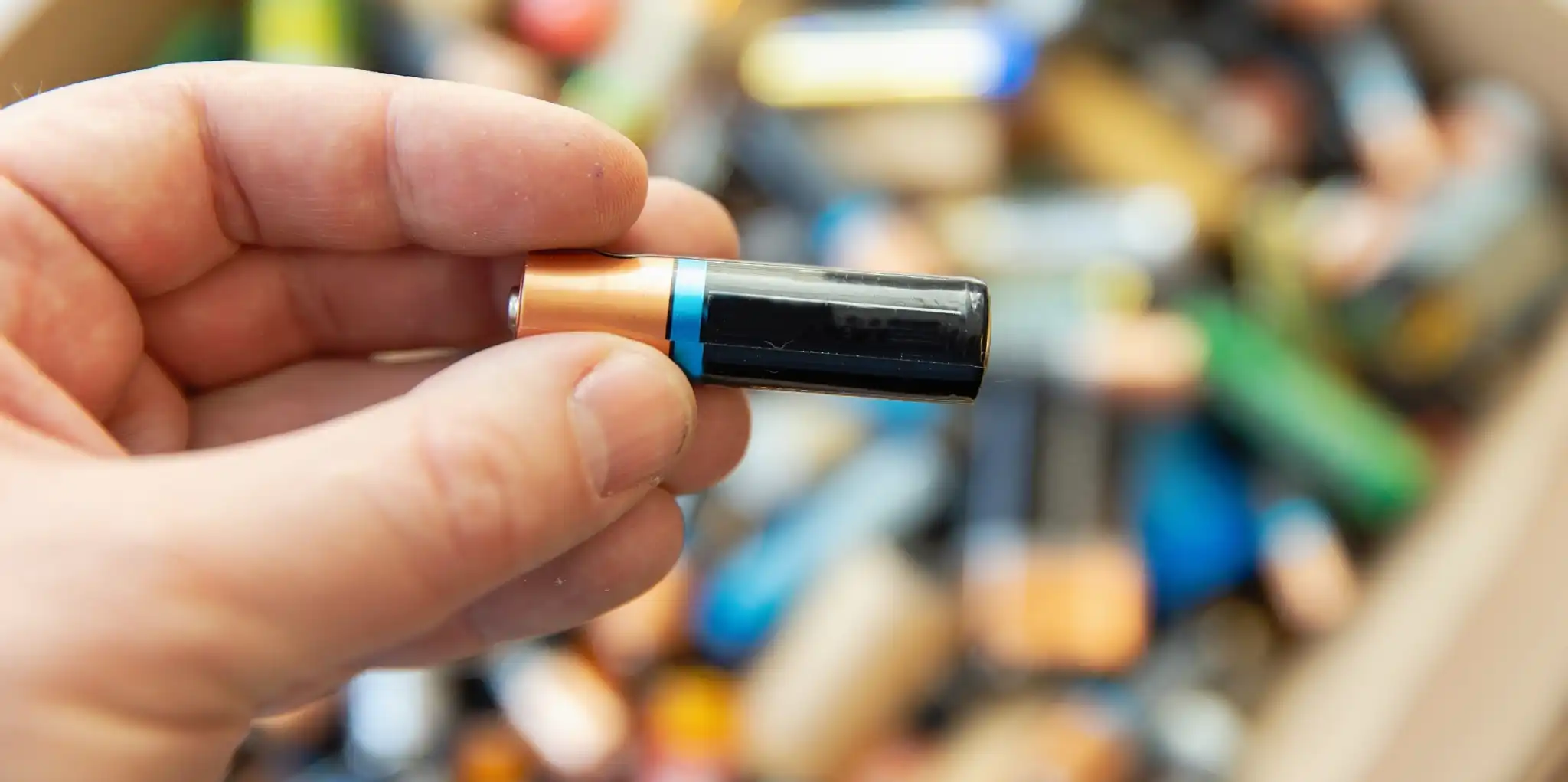When your remote control gives up the ghost or your kid’s favorite toy stops working, you’re often faced with the question: Did the batteries die or is the device defective?
A dead-simple, wonderfully nifty test offers a quick and reliable way to check the actual charge state of a battery, keeping you from rashly discarding good batteries or buying new ones unnecessarily.
Battery full or flat? This simple test reveals it
All you need for this test is the battery you want to check. If available, have a new, fully charged battery ready to compare the results. This is how it works:
- Make sure you have a flat and firm surface, such as a table, in front of you.
- Drop the battery vertically onto the surface from a height of about 20 centimeters (roughly 8 inches).
- Pay close attention to how the battery hits the surface and how it behaves afterwards: A fully charged battery usually tips over and stays put. An empty battery, on the other hand, often bounces back a little and bounces up a few centimeters.
Why? Alkaline batteries contain a gel-like substance that absorbs the impact when fully charged. When the battery is flat, this substance dries out and hardens, making the battery more likely to bounce back.
- Switch off devices correctly: Make sure you switch devices off completely when they are not in use. Even in standby mode, some devices can continue to consume energy, which puts unnecessary strain on the batteries.
- Remove batteries: If you are not using an appliance for an extended period of time, remove the batteries completely. This not only prevents energy loss, but also protects against battery leakage, which could damage the appliance.
- Avoid extreme temperatures: Do not store batteries in places with high or very low temperatures. Extreme cold or heat can impair the chemical processes in the batteries and shorten their service life.
- Use batteries of the same type: Do not mix old and new batteries in the same appliance and avoid combining batteries of different brands or types (such as alkaline and NiMH). Different voltage levels and discharge rates can affect performance and reduce the service life of all batteries used.




